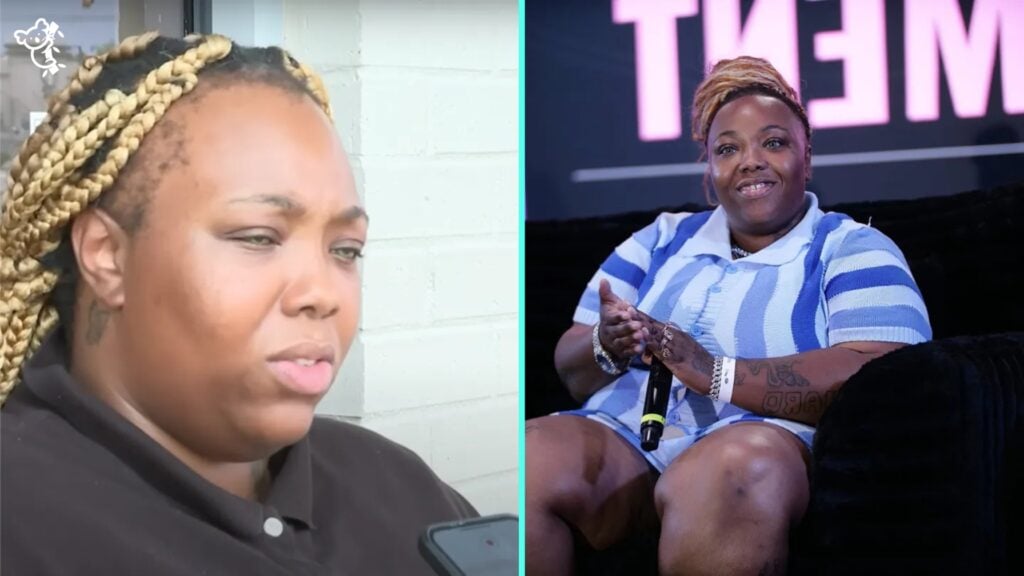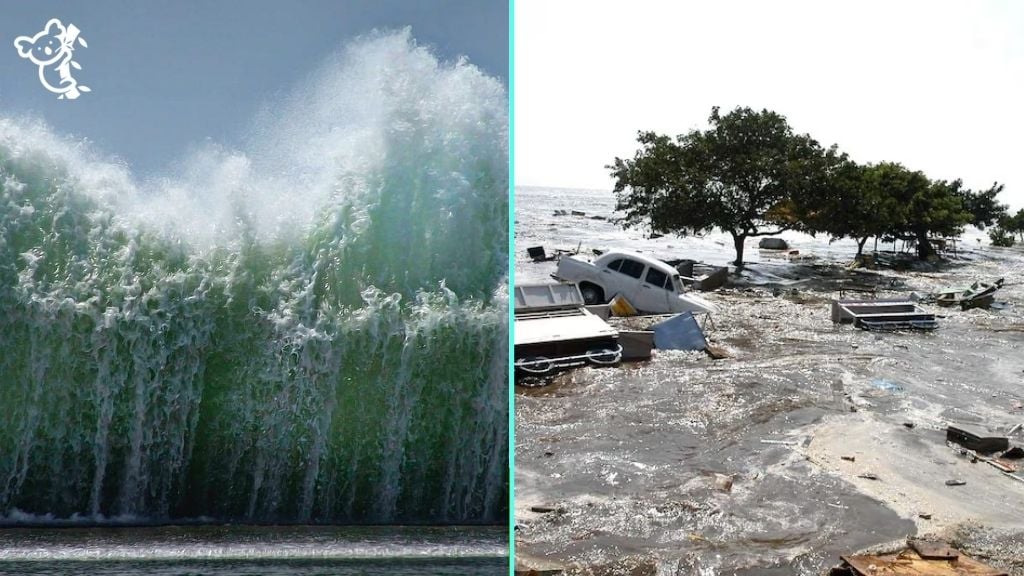On March 5, 1980, seven-year-old Anna Bachmeier was abducted and brutally murdered by her neighbor and convicted child s** offender, Klaus Grabowski.
Following an argument with her mother, Anna skipped school and went to Grabowski’s house to play with his cats. Grabowski abducted Anna and held her in his basement for several hours before strangling her with his fiancée’s pantyhose. He then put her body in a cardboard box, dumping it by a canal.
Later that evening, Grabowski was arrested after his fiancée alerted the police.

The 35-year-old confessed to his crime, claiming that Anna had threatened to accuse him of harassment if he didn’t give her money. Fearing going back into custody, he proceeded to strangle her.
Whether he s**ually assaulted her was never really proven. However, he had a known history of child abuse. As a result, he was chemically castrated to secure his release from a psychiatric hospital but later received judicial approval to undergo hormone treatment to restore his libido.
His crime sparked nationwide outrage, with many questioning the justice system’s failure to rehabilitate and monitor repeat offenders like Grabowski.

Grabowski’s trial began in 1981 and on the third day, Anna’s mother, Marianne Bachmeier managed to smuggle a small caliber pistol in the courtroom.
She fired seven times, with six of the shots hitting Grabowski, who died on the courtroom floor.
Marianne Bachmeier was arrested on spot and shortly after she confessed: “I wanted to shoot him in the face. Unfortunately, I hit him in the back. Hopefully, he’s dead.”
Her act gained widespread attention, with a range of reactions from the public. While many applauded her act, empathizing with her, others condemned the killing.

One person commented: “As a mom of three and grandma to four, it would take a miracle for me FAZto not have wanted to do the same as her.”
“We would’ve all done the same,” another writes.
A third pens: “This is an iconic mother who went through so much pain and suffering all her life just like her little daughter… More people need to know about her.”
Bachmeier’s trial began in 1982, with many questioning whether she was guilty of manslaughter or murder. Some witnesses claimed hearing Marianne confessing her desire to kill Grabowski.
She was initially charged with murder, however her lawyer argued that she had acted out of immense emotional distress.

In the end, she was convicted of manslaughter and not murder, receiving six years in prison. However, she was released after serving three years.
Her case gained widespread popularity, with people holding differing opinions on her sentence.
Many argued that her actions mandated a murder charge. However, since her case had become a global sensation, she was not convicted of it.
According to a survey by the Allensbach Institute, per All Things Interesting, 28 per cent of Germans deemed Bachmeier’s six-year sentencing as an appropriate penalty for her actions.
Another 27 per cent considered the sentence too heavy, while 25 per cent viewed it as too light.

After being released, she led a solitary life in Nigeria, followed by Sicily. She returned home at the of forty-six after being diagnosed with pancreatic cancer.
After her passing in Burgtor Cemetery, Lübeck, she was laid to rest beside her seven-year-old daughter.
NDR describes her case as “the most spectacular case of vigilante justice in German post-war history”.





